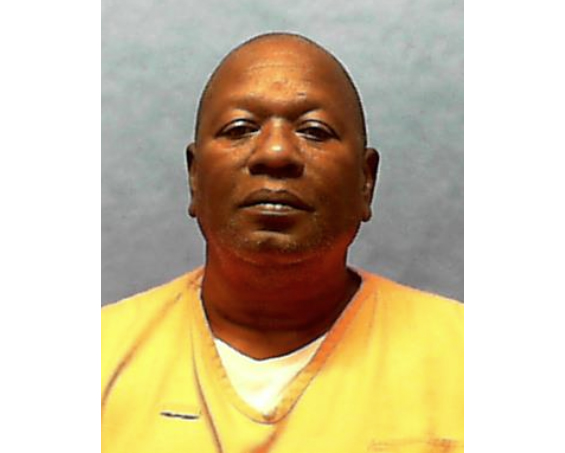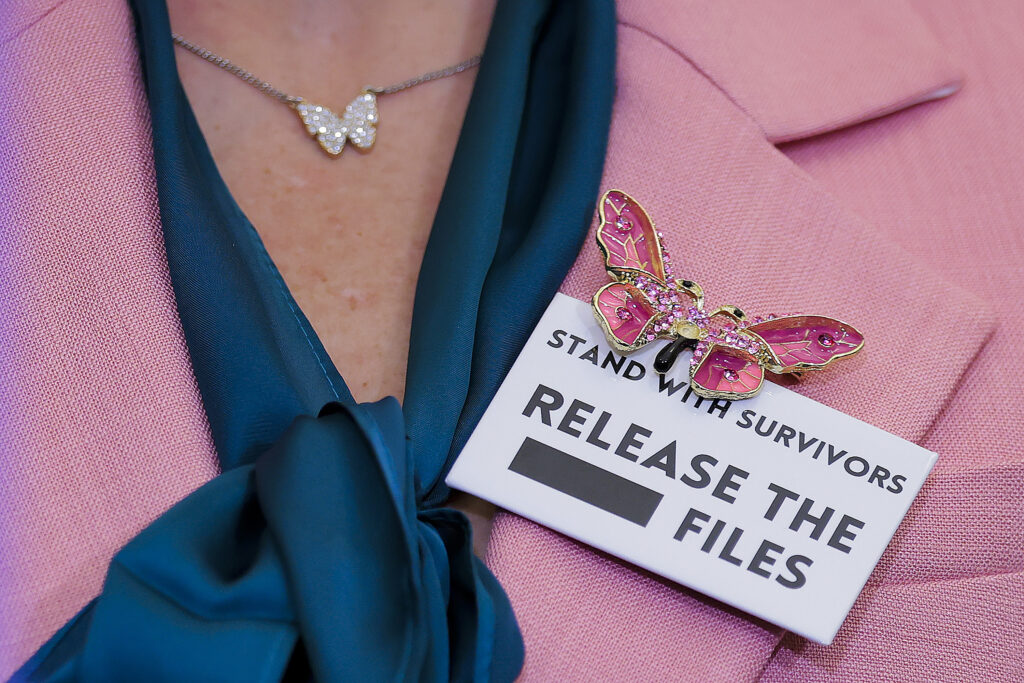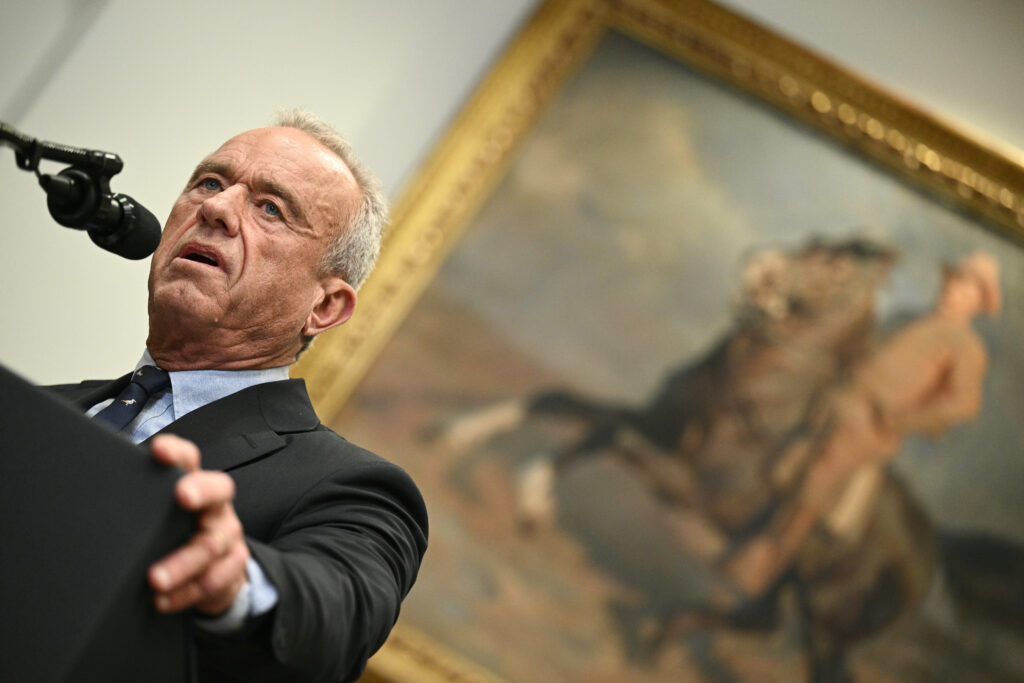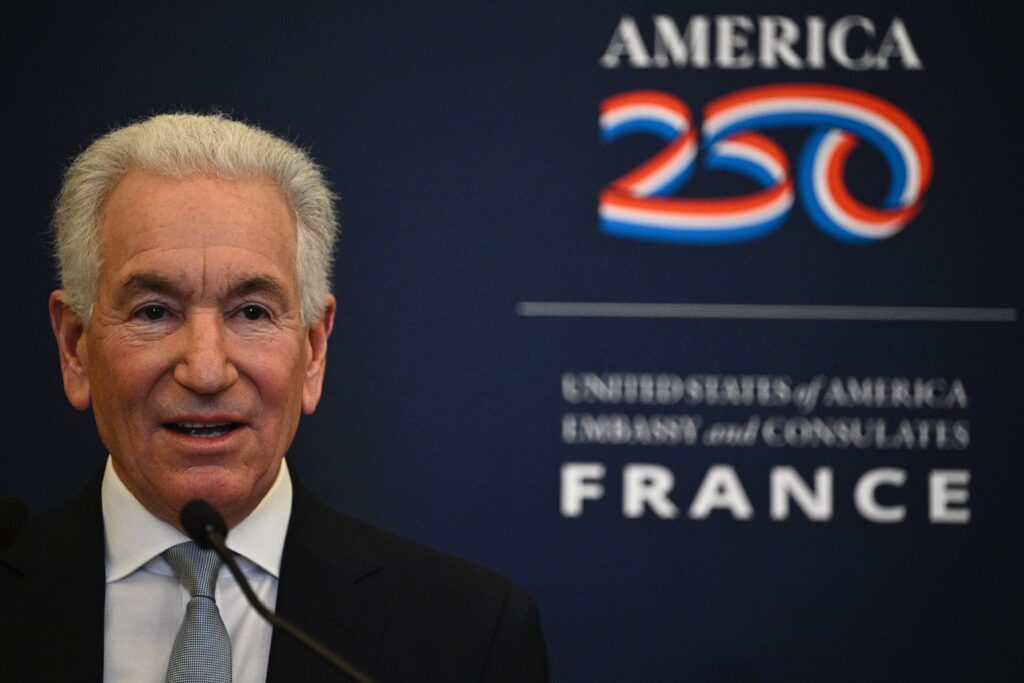‘Jaws’ harpoon gun and ‘Star Wars’ treasures lead LA film and TV auction
A harpoon gun from “Jaws,” a jacket worn by “The Terminator,” and a “Star Wars” lightsaber hilt and C-3PO head are among the eye-catching items to be sold at auction next month.The collection of around 1,550 pieces of film and TV history will go under the hammer over three days from March 25, with in-room bidding on the first day only at the Petersen Automotive Museum in Los Angeles.From props to costumes, a selection of the memorabilia will also go on show for a day — on March 11 — at The Maybourne Beverly Hills hotel.The lots, which also include the so-called Marauder’s Map from the “Harry Potter” films, have a combined pre-sale estimate of $9 million, according to Propstore, the auctioneers staging the sale.It noted that buyers from around the world, who increasingly utilise online bidding, were forging a new global collectors market.”We’re seeing 20 to 30 percent more engagement, more registration, more people bidding,” Ibrahim Faraj, Propstore’s UK consignments manager, explained at a media preview of some British-based items before they headed to California.”It’s growing bigger and it’s the new, modern thing people are collecting now.”- ‘Star Wars history’ -The fibreglass C-3PO head worn by “Star Wars” stalwart Anthony Daniels in “The Empire Strikes Back” (1980) is near the top of the pricing charts, with an estimate of $350,000 to $700,000.Featuring illuminated eyes in the film, and with original wiring in the right socket, this particular C-3PO head boasts several unique features including a forehead antenna.”These things rarely come up… so it’s quite exciting,” Faraj said. Another “Star Wars” piece of memorabilia on offer is the lightsaber hilt from “The Force Awakens,” which is valued at up to $100,000.”This is no ordinary lightsaber,” he noted, branding it “the Skywalker” version as it was used by Luke Skywalker (Mark Hamill) and Rey (Daisy Ridley).They rediscover it in the 2015 installment after prior generations wield it — albeit another model — in earlier franchise films.”It’s arguably one of the most important pieces in ‘Star Wars’ history,” Faraj argued.- ‘Absolutely brilliant’ -The harpoon gun wielded by Quint (Robert Shaw) and Matt Hooper (Richard Dreyfuss) in Steven Spielberg’s 1975 favourite “Jaws” is expected to generate similar buzz.Estimated to fetch up to $500,000, it is being offered alongside Quint’s Fenwick fishing rod and reel, which featured during the film’s early shark encounter scenes.The rod is priced at up to $150,000, with Propstore branding the two props “the most significant artifacts to ever surface from the movie” at auction.The jacket from the 1984 cult classic “The Terminator” will require similarly deep pockets, with a price estimate of $75,000 to $150,000.It was worn during the first half of the film, after the T-800 cyborg steals and wears it through several violent sequences.Featuring a leather collar, metal chains over the left shoulder, and metal studs on the back, it has been heavily distressed with stage blood, rips, mock bullet holes, and burns. Two top lots from Ridley Scott’s “Gladiator” (2000) will also be offered, including the helmet and mask worn by Maximus (Russell Crowe) in his arena battles. That is predicted to go for up to $250,000.Meanwhile the rare Marauder’s Map joins other “Harry Potter” movie props in the auction and is expected to fetch up to $80,000.”It pops up, it opens out, it’s absolutely brilliant,” Faraj said.









